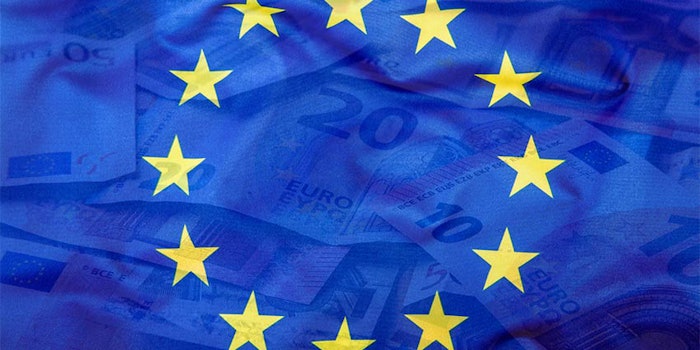
The European Commission has adopted a new Circular Economy Action Plan, one of the main building blocks of the European Green Deal, Europe’s new agenda for sustainable growth.
With measures along the entire life cycle of products, the new Action Plan aims to make the economy fit for a green future and strengthen competitiveness, while protecting the environment and giving new rights to consumers.
Building on the work done since 2015, the plan focuses on the design and production for a circular economy, with the aim to ensure that the resources used are kept in the EU economy for as long as possible. The plan and the initiatives therein will be developed with the close involvement of the business and stakeholder community.
With frontrunner businesses, consumers and public authorities in Europe embracing this sustainable model, the transition towards a circular economy is already underway. The commission will make sure that the circular economy transition delivers opportunities for all, leaving no one behind.
The Circular Economy Action Plan put forward today as part of the EU Industrial Strategy presents measures to:
- Make sustainable products the norm in the EU
- The commission will propose legislation on Sustainable Product Policy, to ensure that products placed on the EU market are designed to last longer, are easier to reuse, repair and recycle, and incorporate as much as possible recycled material instead of primary raw material. Single-use will be restricted, premature obsolescence tackled and the destruction of unsold durable goods banned.
- Empower consumers
- Consumers will have access to reliable information on issues such as the reparability and durability of products to help them make environmentally sustainable choices.
- Focus on the sectors that use the most resources and where the potential for circularity is high
- The commission will launch concrete actions on:
- electronics and ICT
- batteries and vehicles
- packaging
- plastics
- textiles
- construction and buildings
- food
- Ensure less waste
- The focus will be on avoiding waste altogether and transforming it into high-quality secondary resources that benefit from a well-functioning market for secondary raw materials. The commission will explore setting an EU-wide, harmonized model for the separate collection of waste and labelling.The Action Plan also puts forward a series of actions to minimize EU exports of waste and tackle illegal shipments.
“To achieve climate-neutrality by 2050, to preserve our natural environment, and to strengthen our economic competitiveness, requires a fully circular economy,” Frans Timmermans, executive vice president for the European Green Deal, said. “Today, our economy is still mostly linear, with only 12% of secondary materials and resources being brought back into the economy. Many products break down too easily, cannot be reused, repaired or recycled, or are made for single use only. There is a huge potential to be exploited both for businesses and consumers. With today's plan we launch action to transform the way products are made and empower consumers to make sustainable choices for their own benefit and that of the environment.”
“We only have one planet Earth, and yet by 2050 we will be consuming as if we had three,” Virginijus Sinkevičius, commissioner for the environment, oceans and fisheries, said. “The new plan will make circularity the mainstream in our lives and speed up the green transition of our economy. We offer decisive action to change the top of the sustainability chain–product design. Future-oriented actions will create business and job opportunities, give new rights to European consumers, harness innovation and digitalization and, just like nature, make sure that nothing is wasted.”










